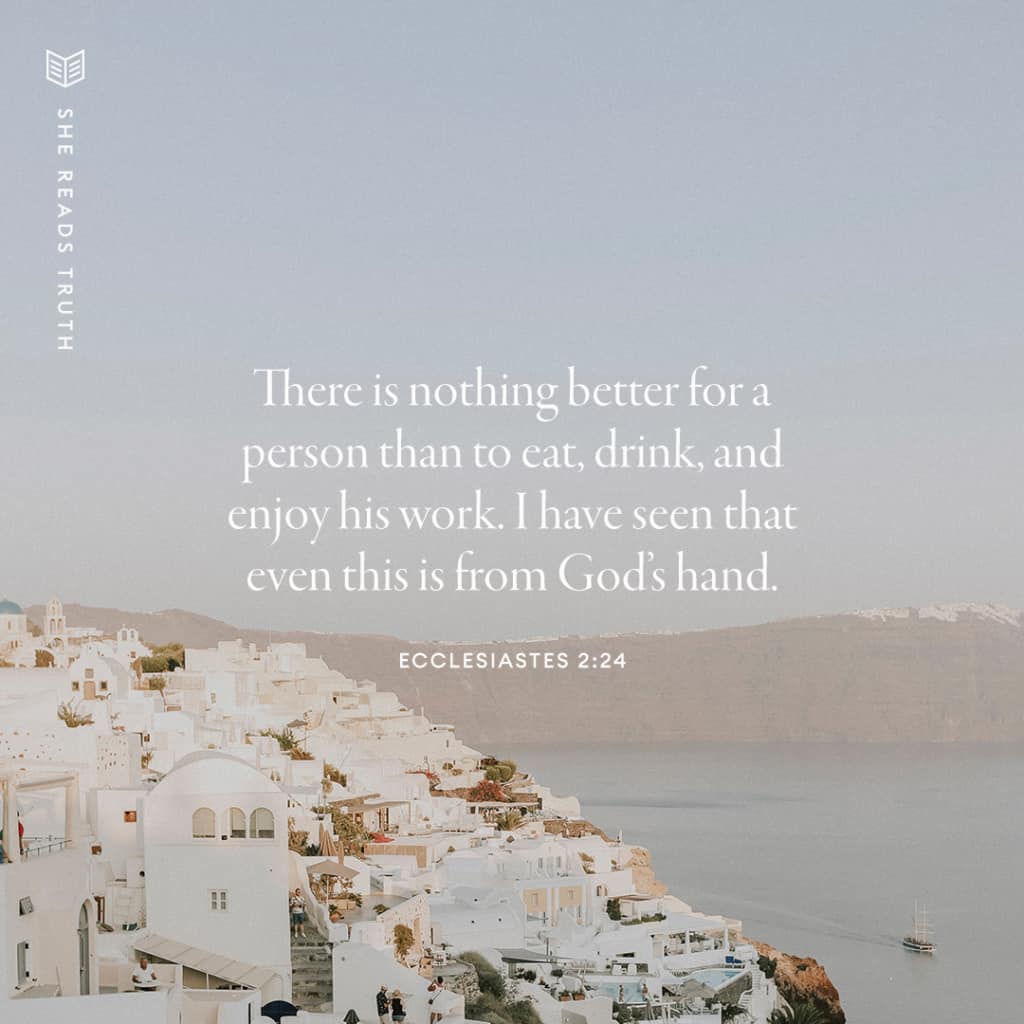I turned sixteen the summer before my junior year of high school. Along with the new excitement of being able to drive came the responsibility of having my first “real” job. I worked as a cashier at a neighborhood pharmacy and gift shop in a suburb of Birmingham, Alabama, taking phone calls for prescription refills and stocking the shelves with face lotion and hand soap. But the best part of this summer job was something we lovingly referred to as “Christmas in July”—receiving all of the seasonal products for Christmas at the pharmacy, pricing them accordingly, and keeping track of inventory until they put out the Christmas items in late fall.
I was constantly confused by the juxtaposition of the stifling Alabama summer heat with the Santa Claus figurines and snowflake ornaments. Even so, I loved that job. The fragile ornaments and figurines needed special care while unpacking, and even though it meant I left covered in glitter every day, I paid special attention to them, lifting them gingerly out of their boxes and placing them on the storage shelves where they would sit until they made their debut in the pharmacy. It might not have been the most important job, but I found purpose in it.
King Solomon had one of the most important jobs in the Old Testament. God called him to build the temple where God’s presence would dwell among the Israelites (1Chronicles 22:6–10). This was an incredible honor, one that God didn’t even entrust to King David, who was considered a “man after [God’s] own heart” (1Samuel 13:14).
Despite all this, Ecclesiastes 2 tells us that King Solomon struggled with the purpose of work. He writes, “I hated all my work that I labored at under the sun because I must leave it to the one who comes after me. And who knows whether he will be wise or a fool? Yet he will take over all my work that I labored at skillfully under the sun. This too is futile” (Ecclesiastes 2:18–19). To the author of Ecclesiastes, leaving his work behind after death made it meaningless, a pursuit of the wind. But he goes on to explain that while he felt as though his work was meaningless, there is “nothing better for a person than to eat, drink, and enjoy his work” (v.24).
In Genesis 1, after the creation of humankind, God instructed Adam and Eve to work, telling them, “Be fruitful, multiply, fill the earth, and subdue it. Rule the fish of the sea, the birds of the sky, and every creature that crawls on the earth” (Genesis 1:28). God’s design for humanity always included work—it preceded the fall! Our work is not meaningless; we are called to it. And when we do our work for the glory of the one who worked first to create us, it has eternal meaning and significance.

Leave a Reply
99 thoughts on "The Emptiness of Work"


I’m reminded of this Scripture: “Whatever you do, work at it with all your heart, as working for the Lord, not for human masters, since you know that you will receive an inheritance from the Lord as a reward. It is the Lord Christ you are serving.”
Colossians 3:23-24 NIV
https://www.bible.com/111/col.3.23-24.niv
Ellen you are so easy to read! I love your stories to match with the story of Solomon. Can’t wait to wake up and read this as the first thing I read in my day! Thanks!
I love that God’s joy results in our joy – Jn 15:11 (and not the other way around). Seeking His joy today and on.
Blessed Beth, thank you for sharing. I just announced my retirement and have really been struggling with the decision. My prayer is that after this time of mourning, I will also be celebrating how my days are filled with more of His work.
Congratulations! Retirement brings new ways of fulfilling God’s work here on earth!
I recently announced mine too. Was a hard thing to do, but as we say: But God! He will lead us into the next season of our lives.
This was a very good reading this morning! But, I’m just curious as to why the devotional skipped over the first 17 verses of chapter 2?
This devotional brings to mind Col 3:17:
It is a common statement that no one lies on his deathbed wishing he had spent more hours at the office. Perhaps, during the upheaval of this pandemic, clarity about the importance of work is under scrutiny. Work, employment, for many is a source of not just financial means but a source of identity. There is anxiety for the workaholic and there is despair for the one who desires to work but cannot, for whatever reason. Where does one find their provision? Solomon had the resources to pursue many projects and he enjoyed the planning and the results. When he realized however that these projects were for a season and eventually would be left to heirs and descendants, he despaired. What if these individuals squandered what he had so meticulously built? Did that then make all his efforts futile? Where was Solomon looking for his provision? He was looking to himself. He held his possessions tightly in his fists. Peace is elusive when reliance is on self. When God is our Provider, when we trust in Him, we can rest. He has “the cattle on a thousand hills.” His resources are unlimited. We are given talents by His hand and we are to use them, not to garner praise and wealth for ourselves, but to further His kingdom on earth. We are to loosen our grasp, unfurl our fingers, so that we might both give and receive. Motive. Balance. Faith. Trust. All are needed when considering the work of our hands.
“Peace is elusive when reliance is on self”
This is so good, Churchmouse! Thank you as always for sharing your thoughts
Loved this insight! So much of Solomon is in despair right now. Thank goodness we can find joy in God through our works instead of solely relying on how we will feel or what we get out of them.
Wise words Churchmouse. I so appreciate your insights!
Thank you, Churchmouse. Our work should bring God glory. That brings me joy.
Praise God, I had the privilege of working with special needs middle schoolers, until I recently retired. I loved my job, and promised God I would leave when I felt it was His wish. Well one day I realized I was so very tired and I knew it was God’s desire for me to allow someone else the joy I had experienced. I went through a time of mourning but now He fills my days with so much of His work!
Beth, I am a speech pathologist and work with special needs children. I know it is definitely the work the Lord called me to and I love what I do tremendously. Bless you for all your years of hard work, enjoy your retirement! ❤️